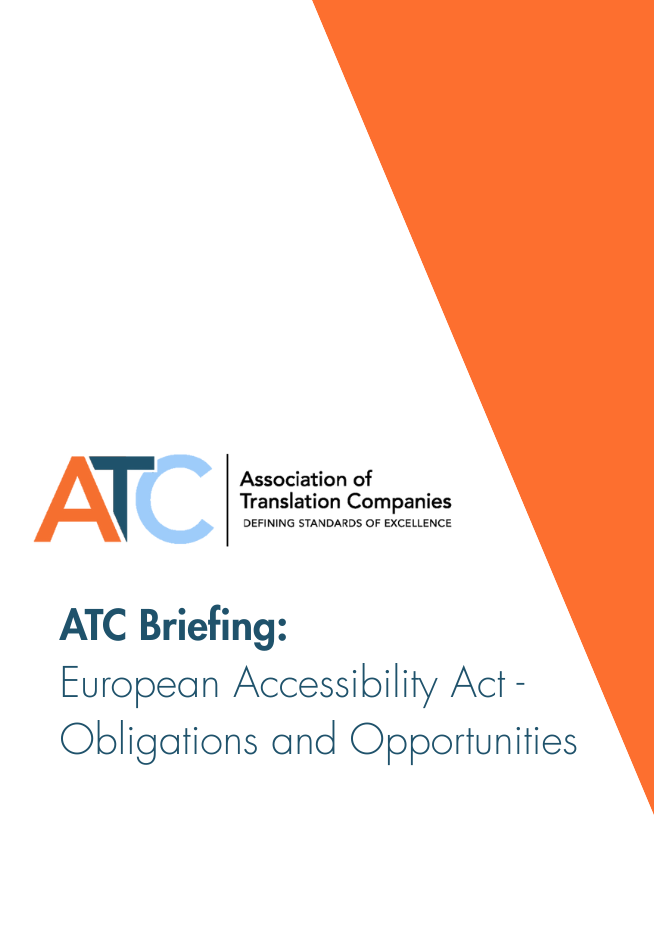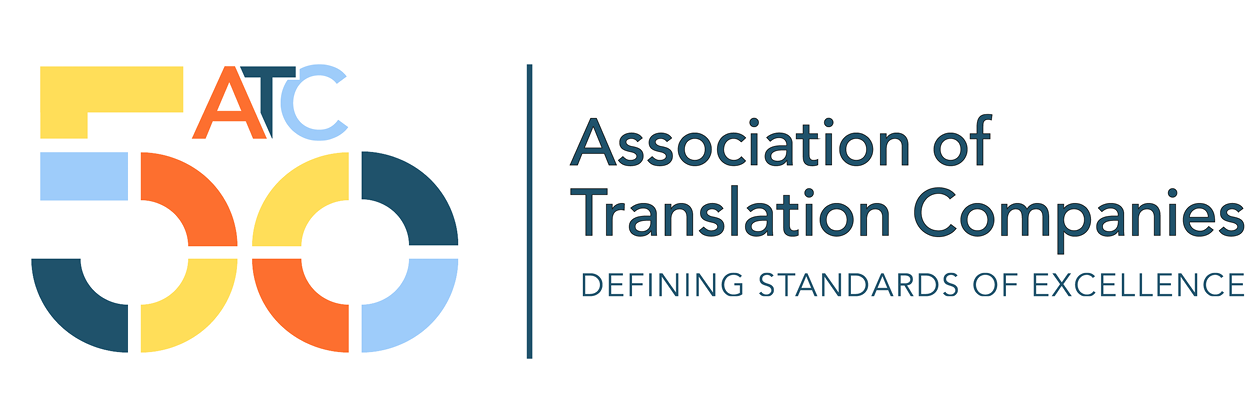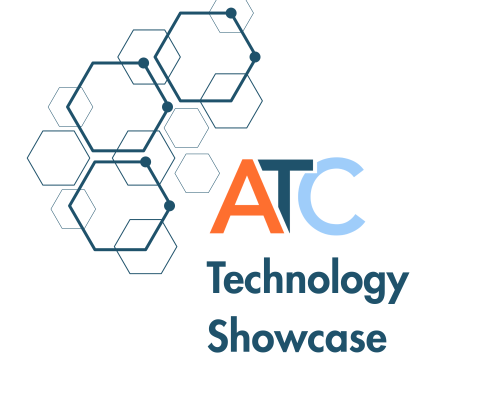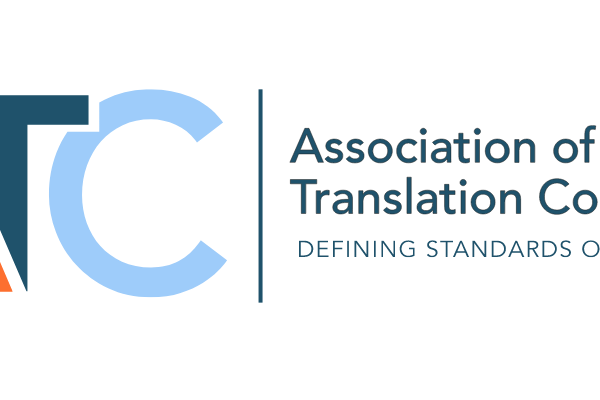ATC Technology Showcase The rapid adoption of AI and machine translation has fundamentally changed how…

The European Accessibility Act marks a turning point in how services are designed and delivered across the EU, with accessibility a legal obligation rather than an optional feature. This ATC Briefing summarises the obligations of the EU’s new European Accessibility Act and the opportunities it brings to language service companies.
What is the European Accessibility Act?
The European Accessibility Act (Directive (EU) 2019/882) is designed to harmonise and improve the accessibility of products and services for people with disabilities across the European Union. The EAA lowers barriers for people with disabilities and older people by providing better accessibility of products and services that they use every day, such as phones, transport and banking services.
The EAA comes into effect on 28 June 2025, introducing obligations on businesses to ensure that key digital and physical services are accessible to all users. It covers products and services that have been identified as being most important for persons with disabilities, including access to audio-visual media services, computers and smartphones, transport services, banking and financial services, and e-commerce services.
Obligations Under the EAA
The EAA applies to businesses that trade in the EU, including businesses based outside of the EU but selling goods or services within the EU. Microenterprises (<10 staff and turnover under €2 million) are generally exempt.
The EAA Directive sets out accessibility requirements on products and services within its set scope, and places compliance obligations on manufacturers, importers, distributors, and service providers. These obligations include, for example, making information available via more than one sensory channel and in text formats that can be used to generate alternative assistive formats. The EAA also places focus to ensuring that electronic content and services and access to audiovisual media services are fully available to persons with disabilities.
READ MORE
Digital Accessibility
For many businesses, digital accessibility is a key element of ensuring compliance with accessibility requirements and providing products and services in an accessible manner. The EAA does not include in its scope all websites, but services providing access to audiovisual media services could include websites, online and downloadable applications, mobile applications and related media players as well as television services.
There are a number of existing regulations and guidelines on digital accessibility, including the EU Web Accessibility Directive for public sector bodies, Web Content Accessibility Guidelines (WCAG), and the EN 301 549 Standard on Accessibility requirements for ICT products and services. In particular, because WCAG is an already established framework for assessing digital accessibility, conforming to its criteria at the highest AA level is a good way for businesses to align themselves with EAA requirements when it comes to digital accessibility.
READ MORE
Opportunities for language service companies
The EAA presents an opportunity for language service companies to support clients in compliance efforts, and expand their service offering to include inclusive communication by understanding the requirements of the EAA and actively supporting clients with accessible services.
Clients across multiple sectors from e-commerce to banking will need support in making their multilingual communications compliant. Language service companies can help clients to deliver accessible, clear information and audiovisual content in multiple languages and formats, including for the users who rely on assistive technologies such as screen readers, voice navigation, or captioning. This includes maintaining accessibility markup, structure and features in all target languages, which means that translators and content engineers must all understand how accessibility is preserved in the content they process.
To find out more about these opportunities, we recommend ATC Partner Nimdzi Insights’ briefing Breaking Barriers or Ticking Checkboxes: The European Accessibility Act and the Language Industry.
READ MORE
What about the UK?
Although the EAA is not enforced in the UK, it applies to in-scope products and services sold or provided in the EU. Language service companies in the UK, especially those working on digital, audiovisual, or public sector projects for EU clients, will need to understand how this legislation affects both their workflows and their customers’ compliance obligations.
In the UK, there are two main pieces of legislation relating to accessibility: The Public Sector Bodies Accessibility Regulations 2018 and the Equality Act 2010. A good starting point for understanding the accessibility landscape and requirements in the UK are the UK Government’s accessibility and assisted digital resources.
READ MORE



